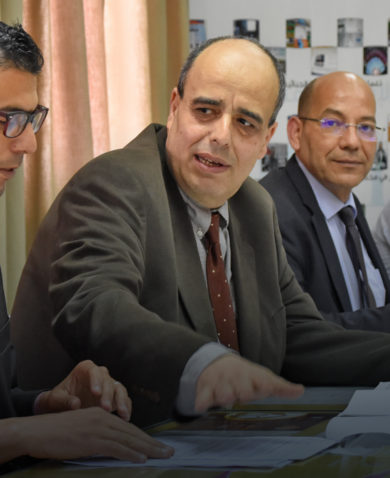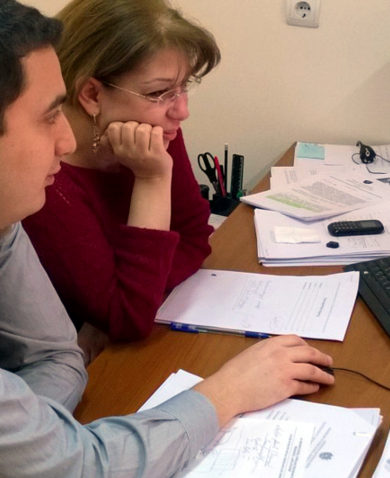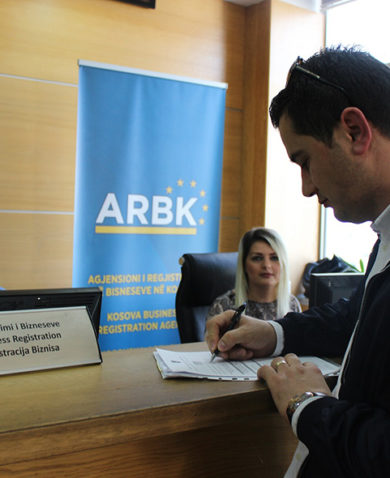
3 Questions with Agim Salihu: Municipal Public Finance in Kosovo
June 16, 2016 | 2 Minute ReadAccording to Agim Salihu, improving public financial management helps municipalities better respond to citizens' needs.
You’ve said that you believe public financial management is the foundation of sustainable development in southeastern European countries. How does this belief translate into the work you’re doing on AKT?
I am fully confident that in any part of the globe, including southeast Europe, public financial management is the basis for sustainable development. I apply this conviction in my daily work. One of the objectives of the Advancing Kosovo Together program is to increase the efficiency and capacity of local governments to respond to the needs of citizens — first and foremost, in public financial management and planning. To do this we provide formal training delivery, on-the-job coaching, and action planning. Based on an initial capacity assessment, to date we have held training events on municipal revenue legal frameworks and supported improved implementation through property tax registration and on-the-job coaching on financial management across all of our partner municipalities. We reinforce these efforts by helping citizens to mobilize and engage their municipal governments, demanding improved services and infrastructure and accountability for revenue spending. Effective public financial management and planning is, without a doubt, crucial for achieving our program goals.
What is the biggest challenge in working with municipal governments to manage their finances, collect revenue, and provide consistent services? What needs to be done to overcome that challenge in Kosovo?
As you probably know, Kosovo is young democracy — a country without extensive experience in financial management. Bearing in mind that public finances are an important factor for sustainable and quality provision of municipal services and public investments, the challenges faced by many local institutions are enormous. Although Kosovo has formed legislation that is compatible with the legislation of EU countries, challenges exist. AKT is strengthening the capacities of 16 municipalities for strategic planning and public service provision in an effective manner that meets expectations of the citizens. We help the municipalities to develop improvement action plans for priority services that outline appropriate local finance and revenue managements.
In May you had the opportunity to attend the ICGFM Annual Conference. The theme was “transforming development finance.” What was your biggest takeaway from the conference and how does it relate to Kosovo’s context?
It was interesting that many participants were facing similar challenges to ours and great to hear from well-developed countries, institutions like the World Bank, and global companies about how they overcome these challenges. For example, there was an interesting session called “Data Visualization for Financial Transparency and Accountability,” which offered more professional ways of presenting financial transparency and accountability. This session would have been useful for the municipalities of Kosovo. They usually draft their information on financial transparency by relying heavily on text narrative and numbers, making it difficult for citizens to focus their attention to important report findings. Drafting reports in a more visualized format would make it easier for citizens to read them and fully understand.




































